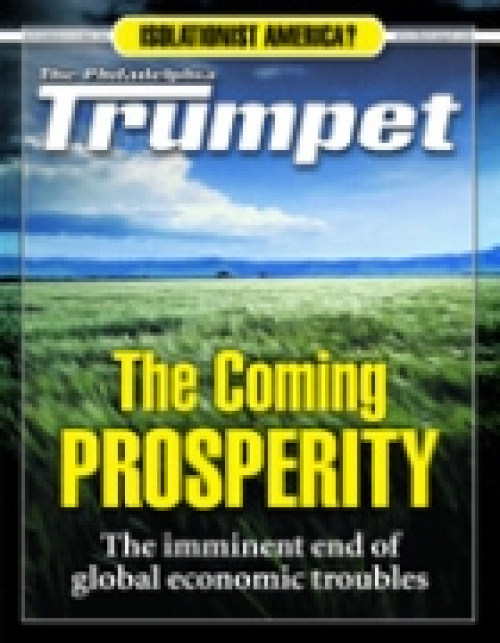History of the G-8
In November 1975, at the suggestion of French President Valery Giscard d’Estaing, a summit meeting was held at a sleepy chateau in Rambouillet, France. The meeting brought together the heads of state from France, the United States, Great Britain, Germany, Japan and Italy.
Born of the necessity for combining efforts to deal with the oil crisis, the meeting was intended as a one-time event. Attendees thought the exercise was so profitable that they determined to meet every year to discuss the principal political and economic issues and their consequences on the global community.
Canada joined in 1976, and the European Community entered at the 1977 summit, making up the group formally known as the G-7. After the fall of the Berlin Wall in 1989 and the rapid collapse of the Soviet Union thereafter, Russia was offered membership to the exclusive club at the Denver meeting in 1997, making up what was renamed and we know today as the G-8.
Since that inaugural summit in Rambouillet, there have been 27 meetings of these leading industrialized nations. Issues discussed by the participating nations have included international business, employment, environment, crime, drugs, arms control and nuclear safety.
“[The] drastic increase in the importance of industrial capacity for national power has also accentuated the traditional distinction between great and small powers. The very term ‘superpower’ points to an unprecedented accumulation of power in the hands of a few nations, which sets these nations apart not only from the small ones but from the traditional great powers as well” (Politics Among Nations, p.135).
The leading industrialized nations in the G-8 account for over 65 percent of total global production. G-8 trade and investment with other nations has established the Group of Eight as the gatekeeper of developing nations’ prosperity.
